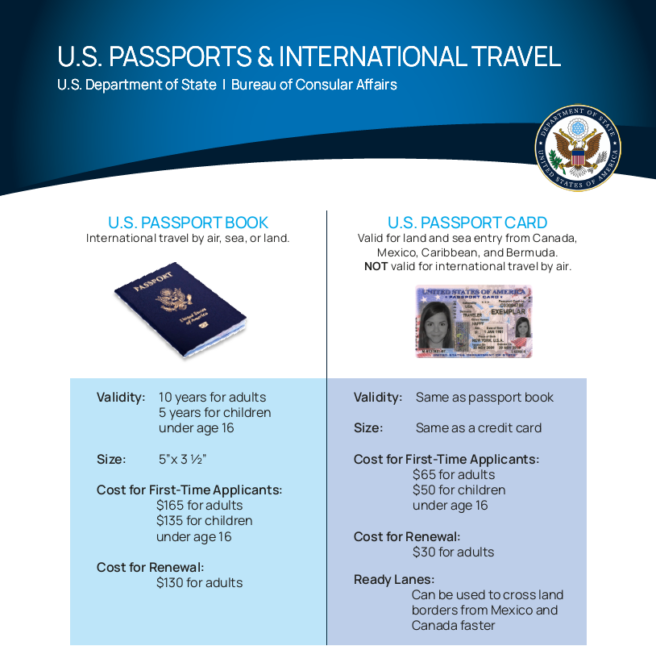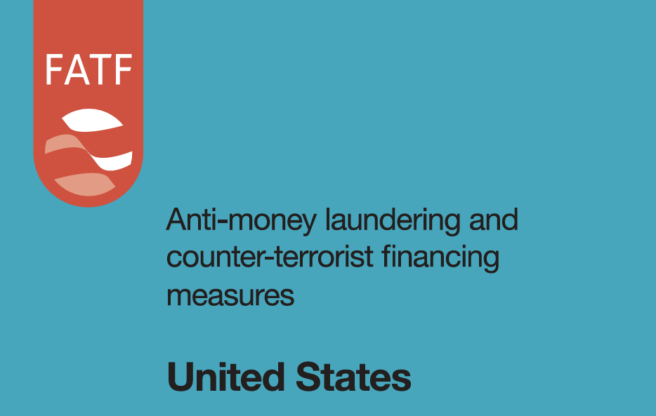The Financial Crimes Enforcement Network (“FinCEN”) has issued a Notice on the Use of Counterfeit U.S. Passport Cards to Perpetrate Identity Theft and Fraud Schemes at Financial Institutions (“Notice”), asking financial institutions (“FIs”) to be vigilant in identifying suspicious activity relating to the use of counterfeit U.S. passport cards. According to the Notice, the U.S. Department of State’s Diplomatic Security Service (“DSS”) has determined that there is a growing use of such counterfeit cards to gain access to victim accounts at FIs. “This fraud occurs in person at [FIs] and involves an individual impersonating a victim by using a counterfeit U.S. passport card that contains the victim’s actual information.”
As its title plainly states, the Notice pertains to passport cards, rather than passport books. Passport cards have more limited uses and can be used only for land, sea and domestic air travel into the U.S. from Canada, Mexico, the Caribbean and Bermuda. The following graphic from the Department of State illustrates the difference.

The Notice observes that FIs are less likely to detect fraud involving passport cards because they are a less familiar form of U.S. government-issued identification. Victims’ personal identifiable information (“PII”) is typically acquired through the darknet or the U.S. mail (see our blog post on the surge in mail-theft check fraud here). After a fake card is created, the illicit actor or complicit money mule will visit a branch of the victim’s FI – often by trying to avoid any branches that the victim actually may visit, so as to reduce the chances of detection.
Continue Reading FinCEN Issues Notice on Counterfeit Passport Card Fraud







